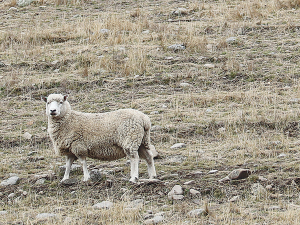Environment Southland (ES) is establishing a regional working group on climate change and inviting other local councils and Te Ao Mārama Inc. to join.
The group comes after a regional hui in July brought together governance and senior management from these organisations to hear from expert local and national speakers and to workshop what a climate change response means for Southland.
ES’s acting general manager strategy, planning and engagement Rachael Miller says the July hui gave the council an insight into what joint working looks like in the region.
“We heard from a broad range of speakers which stimulated productive discussions.
“We agreed to work in partnership to advance the Regional Climate Change Strategy and collaborate on other climate change work. This working group helps keep the momentum going in the right direction,” says Miller.
She says the purpose of the new working group will be to develop a joint climate change work programme and terms of reference that will drive the region’s long-term response to climate change.
One of the next steps will involve a visit from Dr Rod Carr, chairperson of the Climate Change Commission.
“The effects of climate change are being felt across the globe,” says Miller. “Europe was recently in the midst of one of its worst heatwaves where London has been hotter than the Sahara. These are reminders that we cannot let this issue fall by the wayside.
“By working together as one Southland, we can make a real impact on climate change for our region.”



















